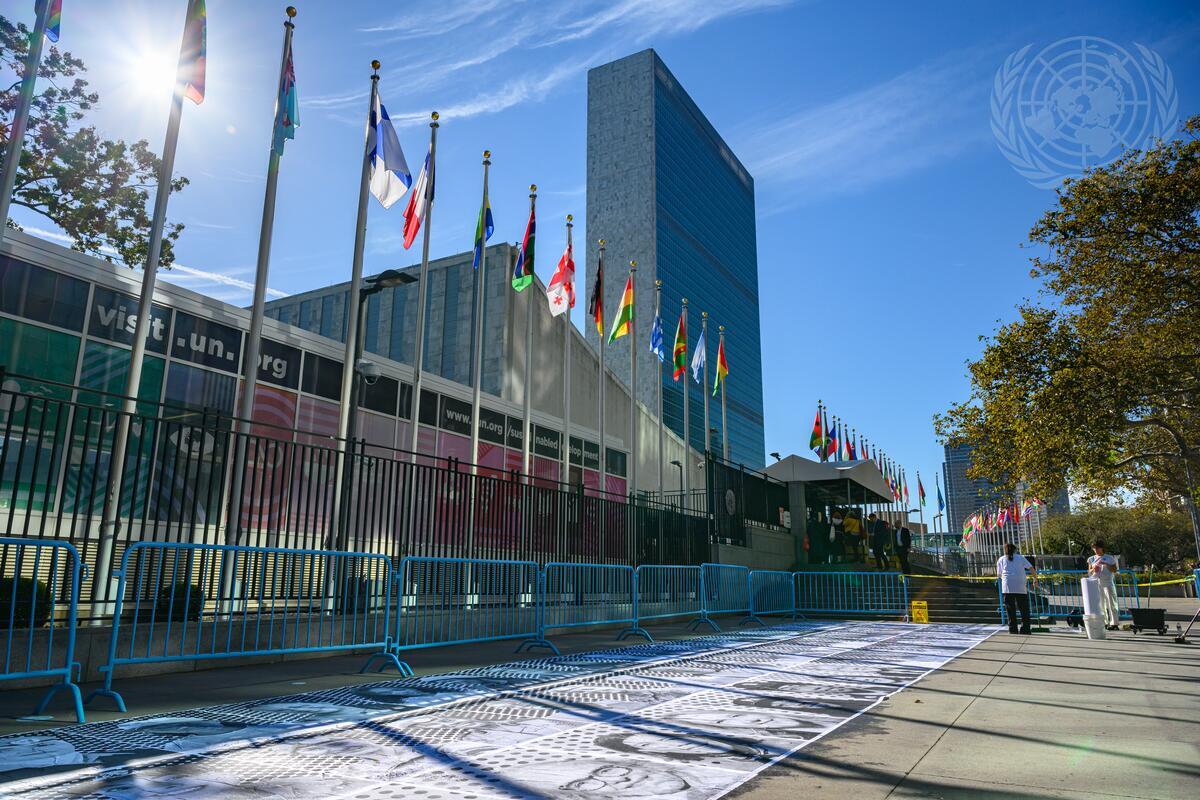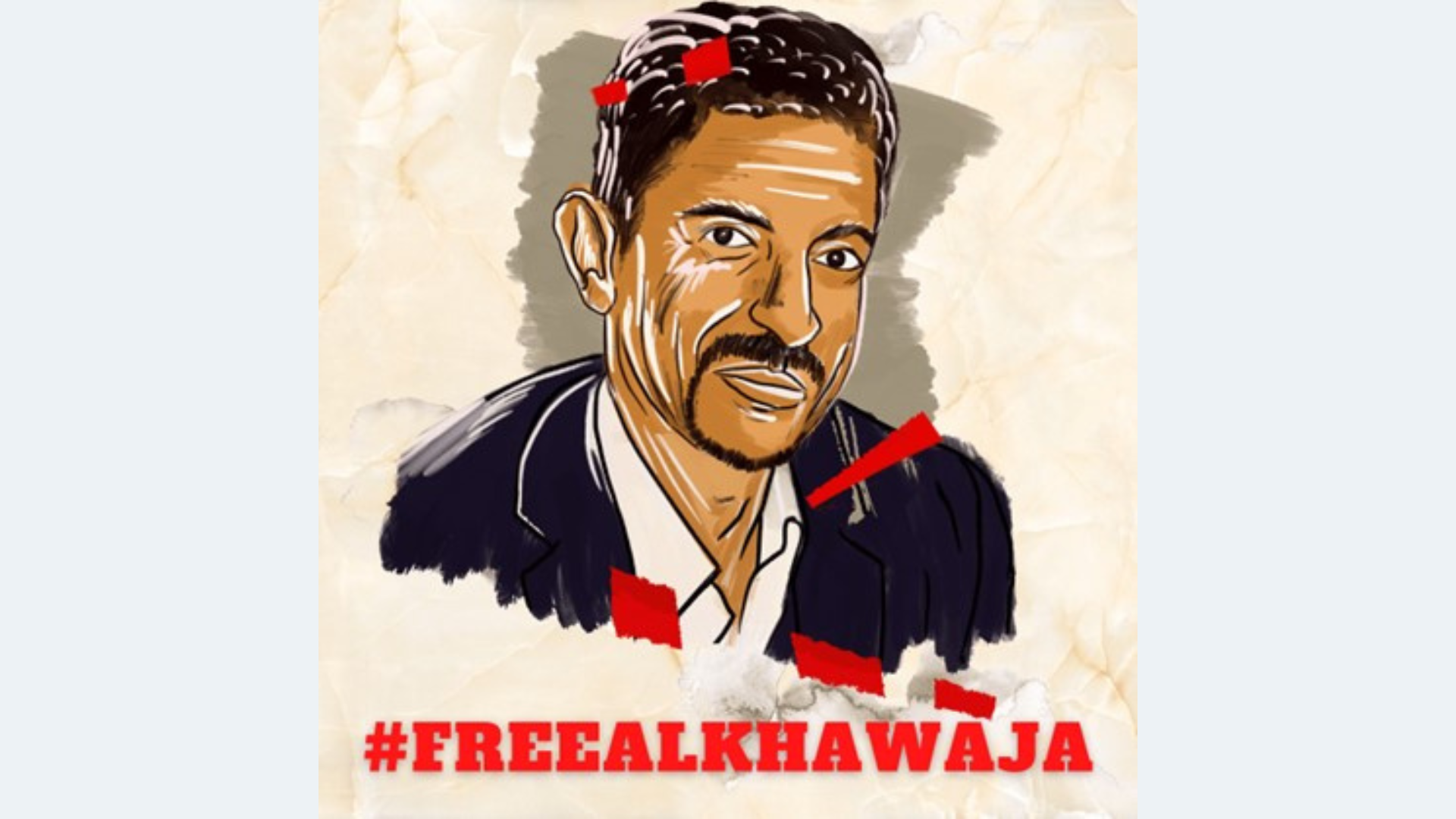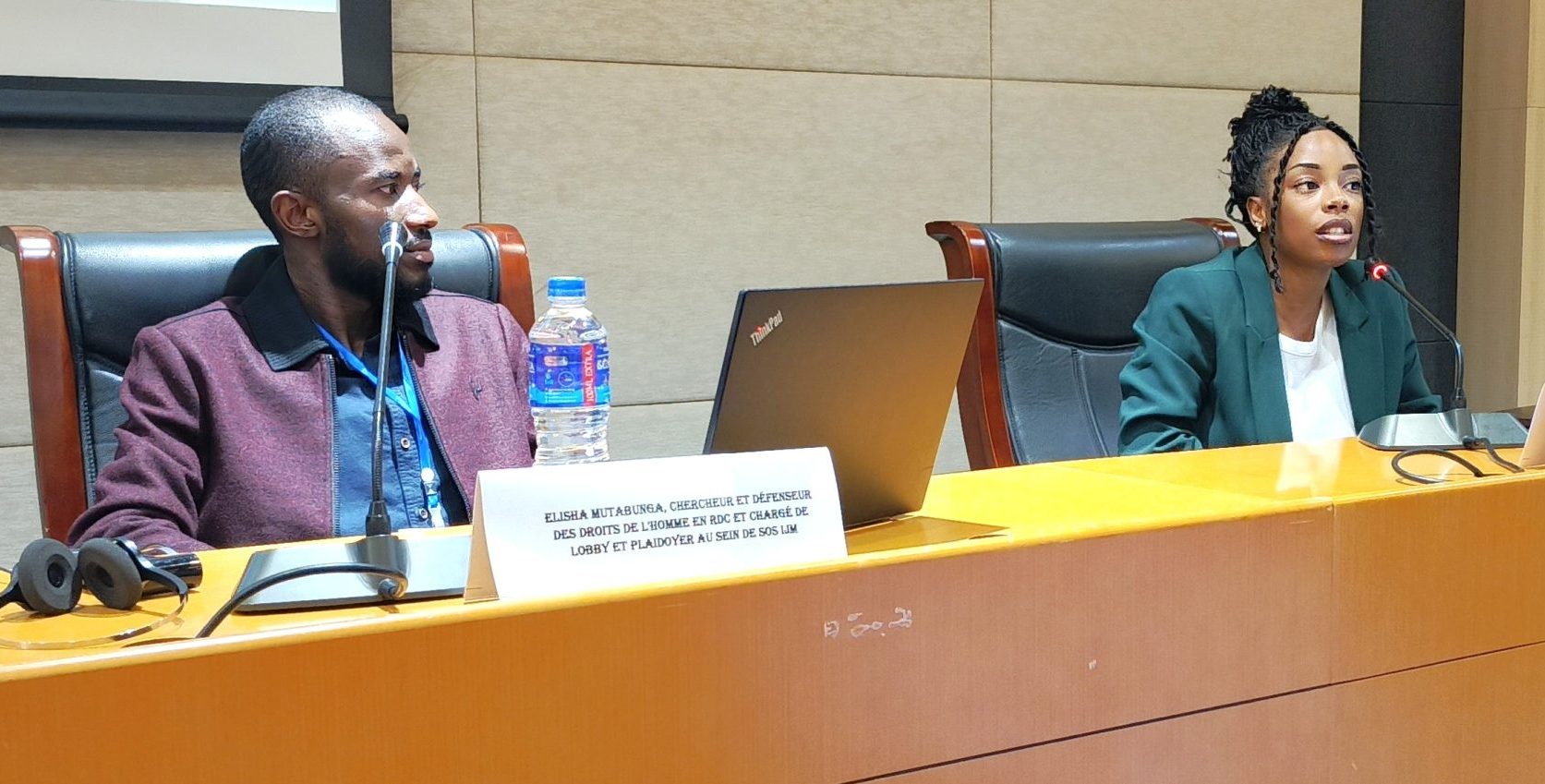In September, under the auspices of the United Nations, Member States will attend the Summit of the Future, which the UN has described as a ‘once-in-a-generation opportunity’ to ‘mend eroded trust’ and prove that ‘international cooperation can effectively achieve agreed goals and tackle emerging threats and opportunities’.
The planned outcome document of the summit, known as the Pact for the Future, is expected to enshrine States’ commitment to reinvigorate international cooperation and strengthen the UN system to ensure it can tackle growingly urgent challenges, including the preservation and realisation of human rights.
The latest draft of the Pact contains some encouraging elements regarding the role of the UN in safeguarding human rights. It commits to strengthening the Office of the United Nations High Commissioner for Human Rights (OHCHR) and UN human rights mechanisms and significantly increasing their regular budget. The document also requests the Secretary-General to identify proposals for financing the Office and the mechanisms for them to effectively fulfil their mandate. It also states that human rights defenders must be protected from reprisals both online and offline.
However, as of writing, the draft fails completely to recognise the crucial role of human rights defenders in protecting and promoting human rights. While it does call for enhanced cooperation and communication between UN bodies and civil society, it does not acknowledge the gravity of barriers to civil society participation in the UN’s work or meaningfully commit to resolving these issues. It notably omits the need to reform the NGO accreditation process and the flawed UN Committee on NGOs and fails to commit to holding perpetrators of reprisals and all other human rights violations accountable.
The draft also misses significant normative developments meant to respond to challenges that pose threats for future generations. It contains no reference to the right to a clean, healthy and sustainable environment, or the importance of accountability of businesses, or on crimes against humanity.
As the UN itself recognises, it is imperative that we seize this opportunity to reassert the importance of the UN system in protecting human rights and the value of multilateral engagement, including rights holders, in strengthening the UN’s efforts on human rights. We must ensure that any future version of the UN system is grounded in universal human rights values, centres rights holders and their communities, and responds to situations based on their merits in a fair, objective and principled manner.
To achieve this, we encourage States and stakeholders to commit to the following points to be integrated or further emphasised into the Pact of the Future as central tenets for future multilateral work on human rights:
- States should recognise and protect the right to defend rights as an integral part of the realisation of all human rights and commit to ensuring a safe and enabling environment for the work of defenders and accountability for attacks and restrictions against them.
- States should commit to supporting meaningful civil society participation in all UN bodies and processes and to reforming the Committee on NGOs to ensure accreditation processes are fair, transparent, expeditious and non-discriminatory.
- States must prioritise securing adequate funding for the UN’s human rights pillar, with the promotion and protection of human rights being indispensable to development, peace and security – they must also commit to paying their assessed contributions without delay.
- In the context of the triple planetary crisis, States should implement meaningful and targeted measures to advance the realisation of the right to a clean, healthy and sustainable environment.
- States should commit to abolition of the veto and, pending that, to a prohibition against the use of the UN Security Council veto to stop action in circumstance where there is prima facie evidence of atrocity crimes.
- States should commit to formalising the participation of human rights defenders and civil society actors in any reformed peace-building institutions envisaged as part of the 2025 review of the United Nations peace-building architecture.




